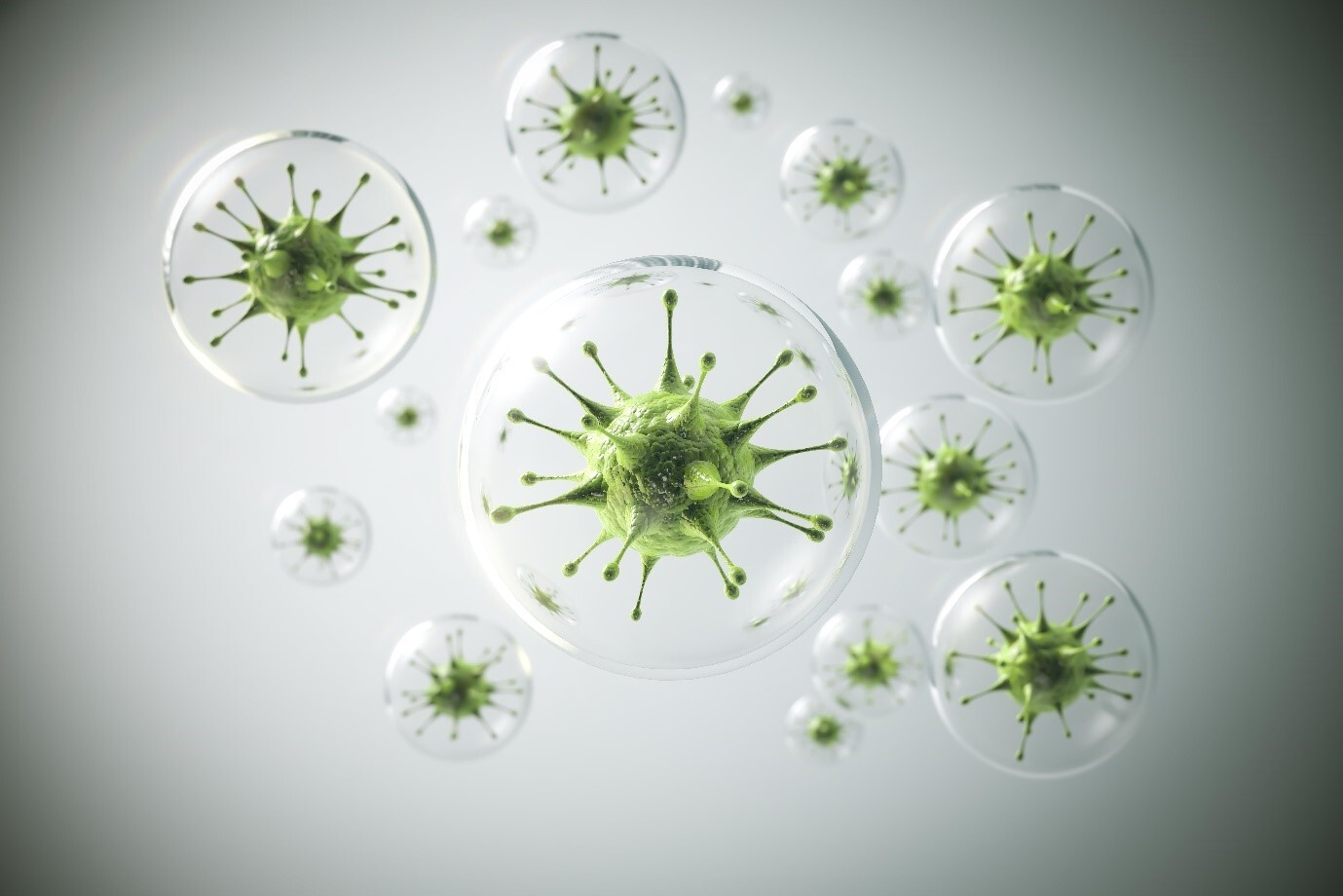Since health is wealth, it is important to know what sets apart the terms hygiene and sanitation, as these terms are both health-related. Without both of them, we cannot dream of being healthy. More dreadful diseases such as the current Corona virus-bred pandemic result from lack of hygiene and sanitation, and they eventually put an end to the world. The word hygiene mainly focuses on diseases and health, while sanitation focuses on the safe disposal of human waste, which could be human urine and faeces. However, both hygiene and sanitation aim at creating a disease-free world that is full of healthy people. To achieve this goal, we have to follow hygiene and sanitation practices daily.
What is Hygiene?
According to World Health Organization (WHO), hygiene is related to health as it mainly focuses on preserving health and preventing diseases. In both public and private sectors, personal hygiene has gained popularity as it holds the key to the prevention of disease spread. Some of the good hygiene practices that help in preventing the accumulation of pathogenic bacteria in the body include hand-washing practices, bathing daily, and washing clothes. Good hygienic practices also contribute to preventing the communal spread of sexual and infectious diseases. For ladies, maintaining good personal hygiene during menstruation is paramount as it prevents diseases such as cystitis.

Handwashing Practice
What is Sanitation?
According to World Health Organization (WHO), sanitation refers to the safe disposal of human waste and the provision of adequate services and facilities for that. Most governments and health organizations have paid close attention to the development of infrastructure facilities to enhance sanitation across the world, following proof from several findings that lack of sanitation makes a great global impact. Practicing good sanitation is a life-long solution for dangerous diseases and contaminations, hence should begin with the safe disposal of human waste in the household. When people practice open defecation (openly releasing urine and faeces) in streams or rivers, these water sources are polluted with pathogens that pollute drinking water. These pathogens make water a wet ground for disease-spreading insects and also contaminate the food growing in the soil.

Waste collection/disposal truck
Sanitation is usually better in low population areas as management of waste disposal is easier. Areas that are densely populated tend to have more likelihood of disease spread, thus the importance of introducing good sanitary practices. After treating wastewater by removing the pathogens, it can be reused or disposed of safely.
The difference between Hygiene and Sanitation
As we have just discussed, both hygiene and sanitation are crucial in maintaining good health and preventing dangerous diseases as they both aim for cleanliness. The commonly used phrase when talking about hygiene is “personal hygiene”. Since hygiene mainly relates to the human body, maintaining good personal hygiene helps prevent the spread of pathogens among people.
When it comes to sanitation which mainly relates to safe waste disposal around human beings, a lot of factors come into play. They are;
- Safe disposal of human urine and faeces.
- Food sanitation, since food can easily pass the pathogens into the community.
- Industrial sanitation highly affects biodiversity and the ecosystem.
- Reusing and recycling of disposed waste which has now been adopted by many countries in the world, as not only does it prevent diseases, but it also improves global economic development.
Many years before the development of science and technology, there were no sources of knowledge and information regarding hygiene and sanitation. However, people had a worshipful culture that educated them on the importance of cleanliness, as they believed it is next to godliness/holiness. By promoting good hygiene and sanitation practices, we preserve that cleanliness as well as promote health, which is wealth. Inadequate hygiene and sanitation practices not only affect human beings adversely but also the rest of the earthly species. It is our collective duty to protect and save all lives in the environment. We have a huge responsibility to hand down this clean culture to our future generation. For more regarding hygiene and sanitation practices and how you can promote them, register for a course in Water, Sanitation & Hygiene (WASH) today and get a 10% discount. Subscribe to our newsletter for more blogs regarding this and more topics in the humanitarian sector.







